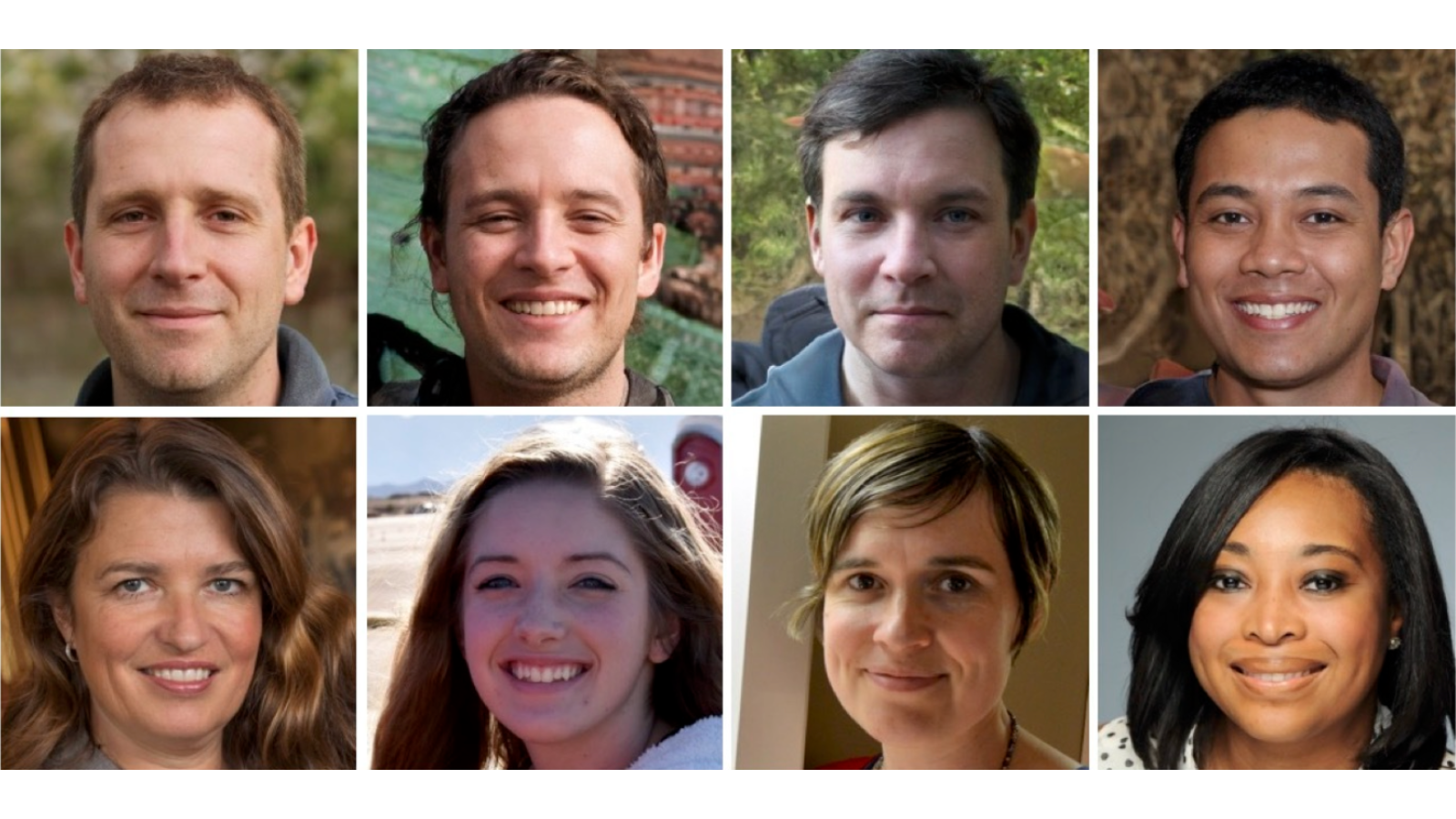Texas Polygamy Case Based on a Lie

The raid on Yearning for Zion, the polygamist compound in Texas, made international news amid accusations of underage marriage, child abuse, and religious persecution. Hundreds of children have undergone DNA testing and been relocated to foster homes as the case unfolds.
But one little detail has been largely forgotten: The raid — resulting in the largest child custody case in American history — was based on a lie.
Today, a Texas appeals court threw the case out, ruling that the state had no right to take more than 400 children from the sect's ranch.
The investigation began when a sixteen-year-old girl named Sarah called a crisis hotline. Sarah said she lived at the compound and had been beaten and raped by her 50-year-old husband.
Based on these phone calls, police raided the ranch on April 3 to rescue Sarah and other girls. Authorities found more than 400 children, but Sarah did not seem to be among them. Investigators eventually concluded that Sarah may not even exist.
Police traced the calls to 33-year-old Colorado Springs woman named Rozita Swinton. Swinton had earlier been arrested for making a false report, and accused of posing as "Jennifer," 16, who called 911 to report that her father had locked her in a basement for days. Swinton may also have posed as thirteen-year-old Dana Anderson, who was being sexually abused by her pastor and raped by her father. There is no evidence that Sarah, Jennifer, or Dana exist. Swinton remains a "person of interest" in the case, but has not been charged in connection to the raid.
Fake crime, real death
Get the world’s most fascinating discoveries delivered straight to your inbox.
Another case — also in Texas — shows other grave consequences of hoax reports. It involves an Arlington woman named Tracy Roberson. Her husband Darrell had been away in Dallas and had tried unsuccessfully to reach his wife at their home.
Concerned for her safety, Mr. Roberson arrived home early on Dec. 11, 2006, to find his wife with a man named Devin LaSalle. When Mrs. Roberson saw her husband, she screamed for help, saying she was being raped.
Darrell Roberson pulled out a handgun and shot at LaSalle four times.
One of the bullets hit LaSalle in the head, killing him. It was a tragic story, all the more tragic because Mrs. Roberson lied; she was not being raped but was instead having an affair with LaSalle. A man is dead, and the mother of three was sentenced to five years in prison, found guilty of manslaughter.
False crimes
There are dozens of false report claims made to police each week across the country, from fake car thefts to robberies and assaults. Motives for falsely claiming to be the victim of a crime vary widely. Sometimes it's to hide infidelity; others do it for attention or sympathy; still others just enjoy making up stories.
Whatever the motive, false reports of any kind do real damage. Time and resources spent on hoaxers and liars are needed for real crime victims.
While false rape claims are rare, they happen more often than most people realize. The same is true for false abduction claims, which occur every week or two in the United States.
Victim's rights groups rarely denounce false sexual assault claims, partly because some counselors believe that acknowledging them makes real victims less likely to report the crime (though there are no studies confirming this). Nor is there any evidence that police or the public take real victims less seriously following hoaxed rape claims. Each report should be thoroughly investigated, and everyone knows that just because one person lied about a crime doesn't mean that someone else did.
And what of the Yearning for Zion children? The case is still under investigation, but today the Third Court of Appeals in Austin ruled that the government did not present enough evidence that dozens of children were at risk of abuse to warrant keeping them from their families. The court also found no evidence of sexual abuse in the cases it reviewed. Since Sarah could not be found, there was no evidence that the children were in immediate danger. Some of the children may eventually be found to have been abused, even if Sarah was a hoax and only accidentally led to the children's removal.
So is a lie justified if it's told in service of a truth?
Not necessarily. Ironically, the false rape claim may end up hurting the children, since Sarah's story triggered the raid. If the abuse allegations are real — and Sarah isn't — the government will have a difficult time prosecuting anyone at the compound for child abuse. The false rape claim may allow real child abusers to escape punishment, leaving the children as the littlest victims of false reports.
Benjamin Radford is managing editor of the Skeptical Inquirer science magazine. He wrote about faked crimes and false abductions in his book" Media Mythmakers: How Journalists, Activists, and Advertisers Mislead Us." This and other books can be found on his website.



